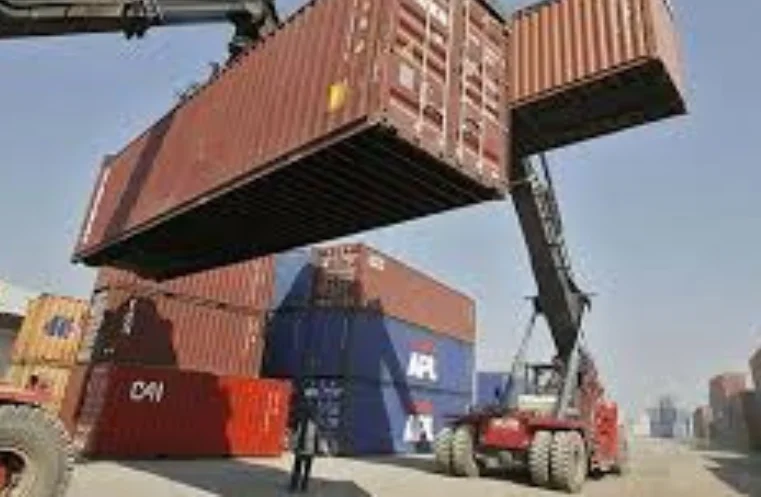Islamabad, March 26: The National Assembly Standing Committee on Commerce on Tuesday expressed concerns over the backlog of more than 1,000 containers at the ports due to modifications in the Export Facilitation Scheme (EFS) and urged authorities to resolve the issue swiftly.
During the committee meeting, chaired by MNA Muhammad Jawed Hanif Khan, members also suggested extending the tenure of elected representatives of the Federation of Pakistan Chambers of Commerce and Industry (FPCCI) on a one-time basis.
A key issue discussed was a statutory regulatory order (SRO) issued by the Federal Board of Revenue (FBR) on February 25, which removed the steel sector from the EFS facilities.
The FBR defended this decision, stating that it was intended to prevent duty evasion and irregularities in the industry.
However, stakeholders emphasized the importance of further discussions before implementing such a decision.
The committee recommended that the issue of stalled containers be addressed without delay while ensuring ongoing consultations with relevant stakeholders to achieve a fair and balanced resolution.
Additionally, the committee suggested exempting copper from duties while maintaining levies on iron and steel.
Read More: Karachi Ports Account for 76% of Pakistan Export Volume
The EFS, which facilitates duty-free imports for export-oriented businesses, has encountered challenges related to misuse and discrepancies, particularly in the steel industry.
1000 Containers Stuck: Lack of Staff to Handle
With only 144 sepoys available, Customs Enforcement struggles daily to manage approximately 250 containers related to transshipment, transit trade, and Export Processing Zones (EPZ).
Currently, trucks move in convoys of 10 to 15 vehicles, escorted by a single sepoy. However, ensuring convoy discipline has proven challenging.
The Class-4 Association of Sepoys has voiced concerns about their safety due to the prevailing security situation. They have urged authorities to implement additional security measures to protect personnel.
Customs officials have suggested a comprehensive system to address these challenges. However, staffing shortages remain a significant obstacle.
Meanwhile, the clearance of transshipment cargo remains suspended. Officials have emphasized the need to conduct examinations of transshipment consignments in Karachi for at least three months, suggesting that an official directive be issued to this effect.
Examination reports from Karachi could then be shared with dry ports nationwide to streamline the process.
Also Read: Pakistan Grants Oman Access to Gwadar Karachi Ports
Pakistan is undergoing an extraordinary economic shift, fueled by stringent measures against corruption and smuggling, as well as reforms in the Inland Revenue Service (IRS) and Customs, including the implementation of the FCA.
According to officials, the economy, once heavily dependent on black money, is now shifting towards legitimate financial practices.
They credit these reforms to the military establishment, which has played a key role in driving this transformation.
